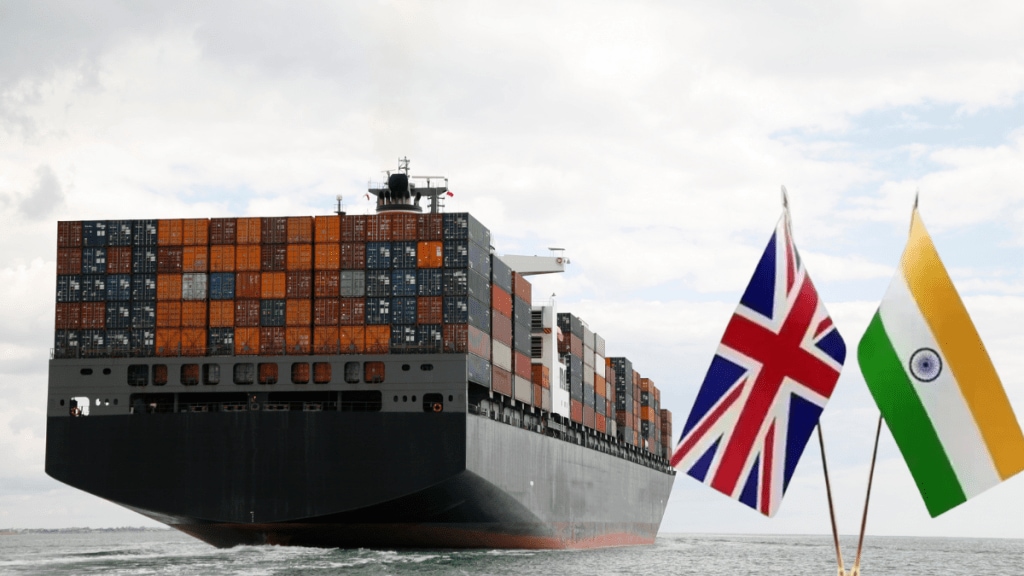Last-minute work on legal scrubbing of the India-UK Free Trade Agreement (FTA) is progressing as Prime Minister Narendra Modi is scheduled to depart on a two-day visit to the UK from Wednesday.
Since the announcement of the conclusion of negotiations on the FTA and other issues on May 6, both sides have been in very close touch.
Obviously legal scrubbing any such agreement needs to go through. We are continuing to work on those. Last-minute work on that is continuing,” foreign secretary Vikram Misri said at a press briefing.
Sources say that the FTA would be signed on July 24 and the Commerce and Industry Minister will be accompanying the Prime Minister during the visit to the UK.
FTA to boost trade
Misri said that the FTA is a significant agreement inclusion of tariff lines in the pact will be equally significant and there would not be many exclusions.
After the conclusion of the negotiations it was announced that the FTA will remove taxes on the export of labour-intensive products from India such as leather, footwear and clothing, while making imports of whisky and cars from Britain cheaper.
India will remove or reduce tariffs on 90% tariff lines, which will cover 92% of existing goods imports from the UK. The UK will eliminate tariffs on 99% of Indian goods which covers almost all of India’s exports to the US. India also got more visa commitments in the FTA.
The FTA eases mobility for professionals including contractual service suppliers; business visitors; Investors; intra-corporate transferees; partners and dependent children of intra-corporate transferees with right to work; and even independent professionals like yoga instructors, musicians and chefs.
DCC, BIT add depth to India-UK pact
In services the both sides have agreed to provide national treatment (same treatment as domestic companies) in select services including telecom, construction and environment. The FTA also gives UK access to government procurement.
This deal excludes domestic sectors from liberalisation, such as sugar, milled rice, pork, chicken, and eggs. The pact will also liberalise services trade and make the movement of professionals easier.
Along with FTA, the social security agreement or Double Contribution Contributions Convention (DCC) has also been agreed to. The DCC will ensure that employees moving between the UK and India, and their employers, will only be liable to pay social security contributions in one country at a time.
It will also ensure that employees temporarily working in the other country for up to 3 years will continue paying social security contributions in their home country, preventing the fragmentation of their social security record.
Both sides are also engaged in finalising the Bilateral Investment Treaty (BIT).
